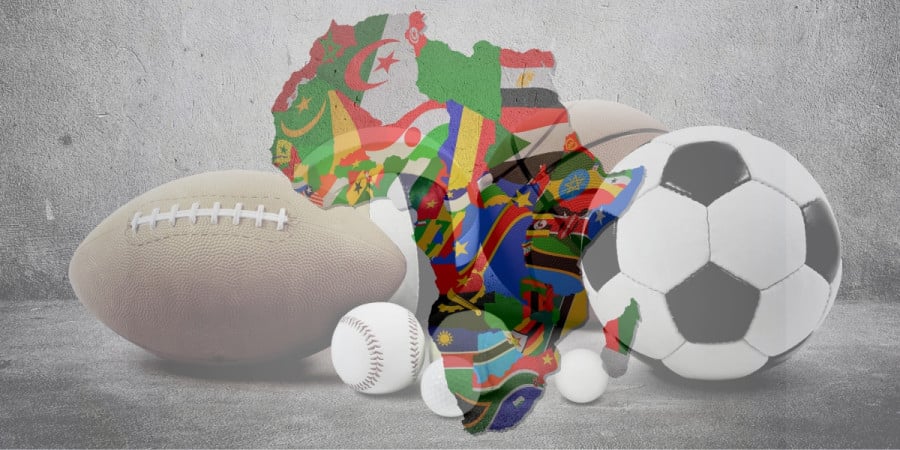Why Africa urgently needs to commercialise its sports sector

Across the world, sport has grown beyond mere physical activity or social spectacle and has developed into a major industry with significant contribution to national growth and employment. The sports industry is said to be growing faster than the national economy in China1 and the rate of sports employment has been growing at a faster pace than total employment in the European Union (EU) 2.
In Africa however – despite sport being a proven force which provides employment opportunities for economic development of individuals and a nation at large - the role of sports in economic development is yet to be fully realized.3 The gains of sport in Africa have largely been limited to the socio-cultural spectacle and its unifying and happiness factors. Even the occasional hosting of international competitions has not been met with the needed commercialization of the standard infrastructures, leaving under-utilized sporting infrastructures from Abuja4 to Cape Town5.
This article examines the low level of commercialization of sport in Africa, with some comparison to the EU and America. It also highlights how African governments can use law and policy to boost the commercialization of sport and thus draw from the attendant socio-economic benefits. Specifically, the article looks at:
-
The potential of sport for development in Africa
-
The concept of commercialization of sport
-
Law and policy as tools for commercialization
-
Focus areas for Africa
-
Non-interference with sports (self) regulation
To continue reading or watching login or register here
Already a member? Sign in
Get access to all of the expert analysis and commentary at LawInSport including articles, webinars, conference videos and podcast transcripts. Find out more here.
- Tags: Africa | China | European Union | Governance | Lisbon Treaty of 2009 | Regulation | Sports
Related Articles
- “Sandpapergate” - Is the ICC doing enough to combat ball tampering in cricket?
- Athletics Integrity Unit and LANCET Group of Labs establish the first ever WADAapproved anti-doping laboratory in East Africa
- How to use intellectual property rights to protect a new sports format
- FIFA’s normalisation committees – what are they and how do they work?
Written by
Kelvin C. Omuojine
Partner, SportHouse LP
Kelvin specializes in sport governance. His experience includes working with football regulatory bodies in Nigeria on compliance and regulatory issues, as well as membership of the Disciplinary Committee of the Nigeria Football Federation. Kelvin has a masters degree in sports law from Nottingham Trent University and his previous legal practice experience has involved working in both the private and public sectors - with private law firms and as a State counsel. A keen footballer, Kelvin can often be found on the field with Ibusa Football Club, which he founded and named after his hometown.




